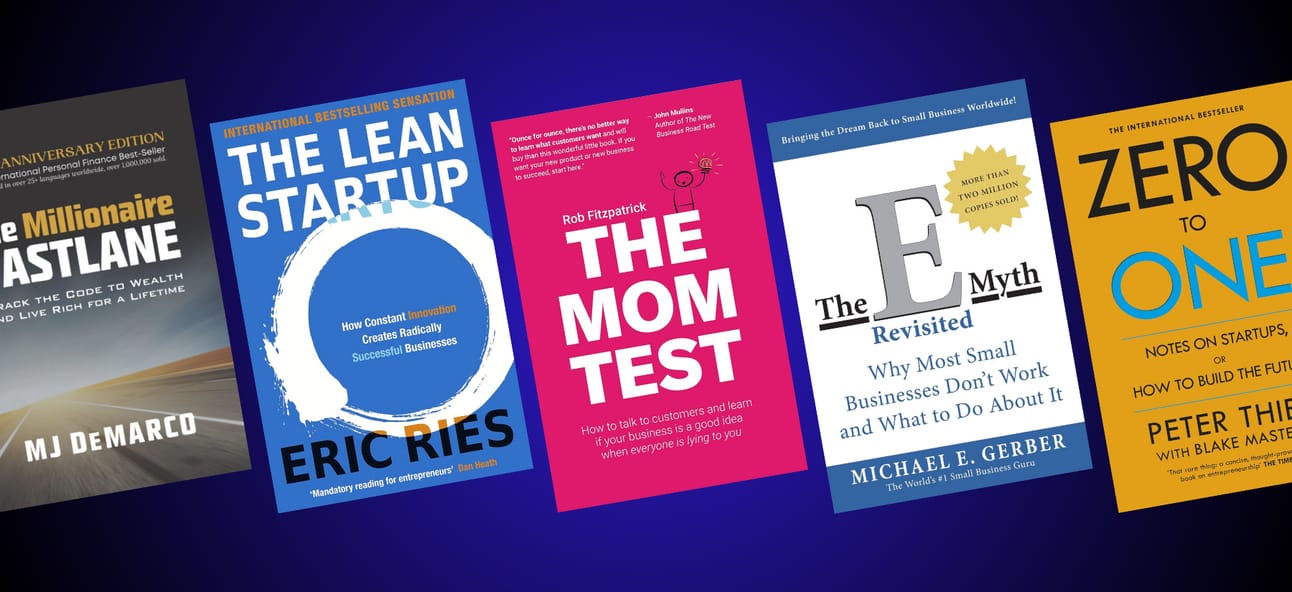🧩 Most people interact with their city in predictable ways—familiar routes, go-to spots, and weekend routines.
But there’s opportunity in reintroducing people to the places they think they already know.
In this edition of Easy Startup Ideas, you’ll learn how to build an app-powered scavenger hunt that turns urban spaces into interactive events, using QR codes, real-world challenges, and local partnerships.
Featured Business - Beehiiv
Beehiiv is the #1 email newsletter platform, trusted by over 25,000 people.
They make it simple to design, automate, and analyze your emails—not to mention, you can earn income passively with their signature Boost feature!
Don’t miss out.
Advertise your business or website here.
Today’s Idea
An app-powered, real-world scavenger hunt business that creates immersive, gamified city-wide events—integrating local venues, QR codes, and interactive challenges to turn urban spaces into playable adventures.
Available Domain: ClueRun.com

Ideal Customer
Young adults and professionals (ages 22–40) looking for unique weekend activities, dates, or group events.
Companies looking to book fun and engaging team-building experiences.
Tourists who want an exciting way to explore a new city.
Local venues (bars, cafes, shops) who want to drive foot traffic and participate as scavenger hunt locations.

Why It Will Succeed
Proven but underutilized format: Scavenger hunts have always worked as a concept, but most are corporate, stale, or analog. Your idea digitizes and modernizes it.
Local moat: By embedding the experience in physical spaces, you reduce competition. A major player can’t easily launch in your city without local knowledge.
Scalability through modularity: Each scavenger hunt is a self-contained story or event. You can replicate formats, clues, and mechanics from city to city.
Brand + experience synergy: The product is a blend of fun, social activity, light exercise, and discovery—all highly shareable and repeatable.
Venue partnerships create financial upside: Bars and shops will pay (or offer discounts) to be featured, because you’re delivering foot traffic.

Getting Started and Building an MVP
Step 1: Plan the Route
Choose a walkable, interesting neighborhood in your city.
Map out 5–7 stops (murals, bars, statues, etc.).
Design simple challenges for each: riddles, photo tasks, or QR scans.
Step 2: Create the Game Logic
Use a Google Sheet to outline your game:
Titles like: “Clue Step,” “Clue Text,” “Task,” “QR Link,” “Next Hint,” and “Points.”
Then build the interface with one of two options:
Option A: No-Code (Quick & Simple)
Use Glide to turn your spreadsheet into a mobile app. It’s visual and simple—perfect for a solo founder without tech skills.
Link each step to a QR code
Unlock next steps when tasks are completed
Customize branding
Option B: Coded App (If You Have Dev Skills)
Use Flutter to build a basic scavenger app with:
QR scanning
Step-by-step clue logic
GPS or reward tracking
This is ideal if you want full control and plan to scale heavily.
Step 3: Deploy the Hunt
Use QR Code Generator to make one QR per clue.
Print and weatherproof them.
Place in visible or semi-hidden spots (ask businesses for permission if needed).
Step 4: Test & Run
Do a dry run with friends.
Fix confusing clues or broken logic.
Launch as either:
A live group event (e.g. Saturday 2PM start), or
A flexible weekend pass (complete anytime between Friday–Sunday)
Step 5: Collect Signups & Payments
Use Eventbrite or Tito to sell tickets and email access links.
Or start free using Google Forms for simple registrations.
Optional Extras
Use Google Forms for photo uploads as proof of completion.
Add a simple leaderboard (manual or app-based).
Offer venue-sponsored prizes or drink specials for completing the hunt.

Required Reading for Aspiring Entrepreneurs
If you're serious about starting something — or growing what you've already got — these are the books that’ll actually help.
No gurus. No cringe. Just real takeaways.

Monetization Strategies
Ticket Sales: Charge per participant ($10–$25 depending on the experience depth and prizes).
Premium Hunts: Special themed hunts (e.g. Halloween, Valentine's Day) priced higher with physical merch or rewards.
Venue Sponsorships: Bars, cafes, and shops pay a fee or give discounts to be featured on the route. You can charge $50–$200/month per location.
Private Group Bookings: Companies, birthdays, or bachelor(ette) parties can book exclusive hunts.
Monthly Subscriptions: For locals who want access to a new hunt each month (e.g. $7.99/mo).

Marketing Strategies
TikTok and Instagram Reels: Post videos showing snippets of the hunt—people scanning clues, solving riddles, walking into secret locations. Frame it as “the best new weekend activity in [your city].”
Local Influencers: Invite 3–5 micro influencers (2k–20k followers) to do the hunt for free and post about it. Give them affiliate codes or free tickets.
Bar + Cafe Collaborations: Ask venues to post your event poster or QR code flyer and offer participants a discount or free drink.
Corporate Outreach: Use LinkedIn or cold email to offer companies local team-building packages. Include a 2-minute demo video or past event photos.
Press & Event Sites: Submit your hunts to local calendars, “things to do this weekend” blogs, and sites like The Infatuation, DoStuff, Eventbrite, or local Substacks.

Expanding and Improving
Add Themes + Stories: Build entire narratives into the hunt—spy missions, treasure hunts, haunted mysteries.
In-app Leaderboards: Show real-time ranking for competitive players or groups.
Time-Limited Hunts: Release limited edition hunts only available during one weekend to create scarcity and urgency.
User-Generated Hunts: Let fans or local artists create and host their own hunts using your app backend.
GPS Challenges: Add location triggers via GPS so not everything relies on QR codes.
Augmented Reality Integration: Future hunts could use AR clues or visuals via platforms like 8thWall or Niantic Lightship.

Thanks for checking out another edition of Easy Startup Ideas!
If you have any comments or suggestions on how to improve this newsletter, please let us know by commenting below.
As an Amazon Associate and affiliate of various partnership programs, the owner of this publication may receive commissions to linked products or services in this newsletter at no additional expense to the reader.

